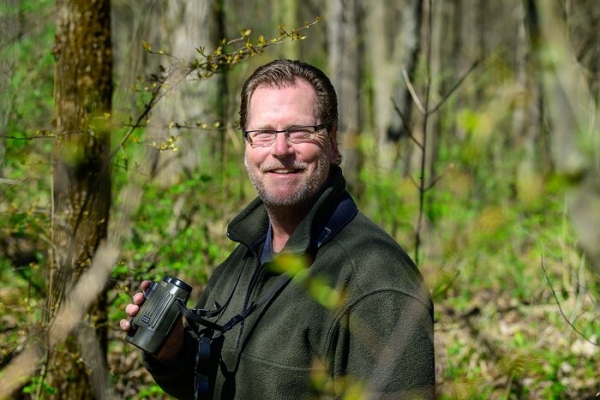A new study reported in the Proceedings of the National Academy of Sciences assessed changes in the reproductive output of 104 bird species between 1970 and 2019. Illinois Natural History Survey avian ecologist Jeff Hoover, a co-author of the paper, spoke to News Bureau life sciences editor Diana Yates about the findings and how climate change is altering bird ecology and health around the world.
What is Unique About the Study?
This study explored potential effects of global climate change – in particular, warming – on offspring production for over 100 species from more than 200 bird populations across all continents. We looked at data for each of these bird populations over 15 to 49 breeding seasons to consider if changes in local temperatures and precipitation were associated with changes in the average number of offspring produced per female per year.
Beyond effects of a warming climate on individual species’ reproductive output, the study also considered whether climate change may affect offspring production by interacting with other attributes of the birds. Such traits include body mass, migration status, habitat needs, human impacts to local landscapes, the protection/conservation status of sites and whether the birds can produce two broods in a single breeding season. The temporal and spatial scales of this work and the number of species and populations studied were monumental.
Read more at University of Illinois at Urbana-Champaign, News Bureau
Image: Avian ecologist Jeff Hoover and his colleagues explored the potential effects of global warming on bird reproductive output across the world. (Credit: Photo by Fred Zwicky)


